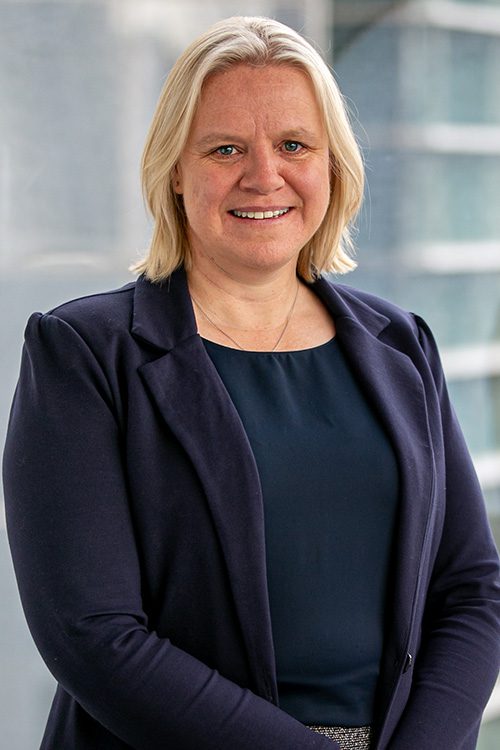As healthcare continues to evolve, keeping pace with regulatory changes is crucial for healthcare professionals and their practices. Medicare and Bulk billing, in particular, has become a hot topic in the lead-up to the Federal Election in mid-2025. The most recent announcement by the Government and support by the Opposition is an increase in the Bulk billing incentive.
Another significant change is the upcoming government-proposed changes to the Medicare Benefits Schedule (MBS), initially slated for 1 November 2024 but now postponed to 1 July 2025. Here’s what you need to know and how it may impact your practice.
Strengthening Medicare – changes to bulk billing
The proposed changes are a further expansion of the bulk billing incentives that are currently paid to GPs that bulk bill children under the age of 16 and concession card holders, which would be extended to cover any eligible patient.
A new Bulk Billing Practice Incentive Program will apply to participating practices, allowing them to receive an additional 12.5% loading payment for every $1 earned through MBS benefits. Conditions will be applied, requiring practices to fully bulk bill and participate in MyMedicare.
The changes would take effect from 1 November 2025 and appear to be supported by both the Government and the Opposition.
Chronic Disease Management – current system & rebates
Under the current system, patients diagnosed with a Chronic Disease are eligible for Medicare rebates when visiting their General Practitioner (GP) for a GP Management Plan (GPMP) and Team Care Arrangement (TCA). Patients can receive these rebates once a year, with additional eligibility for reviews every three months.
For example, a patient who has a chronic disease that requires management by a GP, as well as a non-GP specialist and allied health professionals, requires a TCA, which helps coordinate the care provided by this team of professionals.
The current Medicare rebates for Chronic Disease Management Items:
- New GPMP (Item Number 721): $164.35 (once a year)
- New TCA (Item Number 723): $130.25 (once a year)
- Review GPMP (Item Number 732): $82.10 (three times a year)
- Review TCA (Item Number 732): $82.10 (three times a year)
In total, the current maximum Medicare rebate for GPMP/TCA items per patient per year amounts to $787.20. For a GP practice managing 2,000 patients on GPMP/TCA, this translates to total fees of $1,574,400, with practice service fees at 35% equating to $551,040.
Upcoming changes from 1 July 2025 to Chronic Disease Management
From 1 July 2025, the proposed new Chronic Condition Management Item (GPCCM) will be introduced, which includes a name change as well as changes to the item numbers and claim amounts:
While the Government hasn’t provided the exact amounts as yet, below is an example as an indication of how it could apply to practices:
- New GPCCP (Item Number 965): $120.00 (once a year) (estimate only)
- Review GPCCP (Item Number 967 – TBC): $120.00 (three times a year) (estimate only)
In this example, the new Medicare rebate per patient per year could be $480.00 per patient. For a practice managing 2,000 patients on GPCCP, this will result in total fees of $960,000, with practice service fees at 35% equating to $336,000.
Financial implications
Depending on the actual rate implemented for the new item numbers, GP practices currently managing 2,000 patients on GPMP could see a decrease in service fee revenue by $215,040. This reduction is significant, especially for practices that predominantly bulk bill.
Key considerations
- Shift from Chronic Disease to Chronic Condition: The name change could potentially broaden the eligibility, allowing patients with chronic conditions who were not previously eligible for a GPMP to qualify for GPCCP.
- Reduction in paperwork: Removing TCA will decrease the administrative burden on GPs and their nurses, potentially resulting in savings on wages.
- Bulk Billing practices: Currently, many GPs bulk bill for GPMP and TCA consults. This practice encourages regular patient visits and proactive disease management, helping prevent future health issues and hospital admissions.
Adaptation strategies
The proposed changes necessitate adaptation strategies for GP practices. Identifying additional patients who require extra care under the new Chronic Condition Management framework will be crucial. Practices will also need to evaluate how to balance the decrease in MC funding with potential increases in patient volumes.
With changes to Bulk billing, practices will need to analyse the income streams and determine what is best for the practice moving forward, as a high number have already moved to mixed billing rather than full bulk billing.
As these changes loom on the horizon, staying informed and proactive will be key to navigating the evolving landscape of chronic condition management. The healthcare community will need to work collaboratively to ensure continued high-quality care for patients while managing the financial implications for practices.
If you’d like support navigating these changes, contact your local William Buck Health Team Advisor.


































